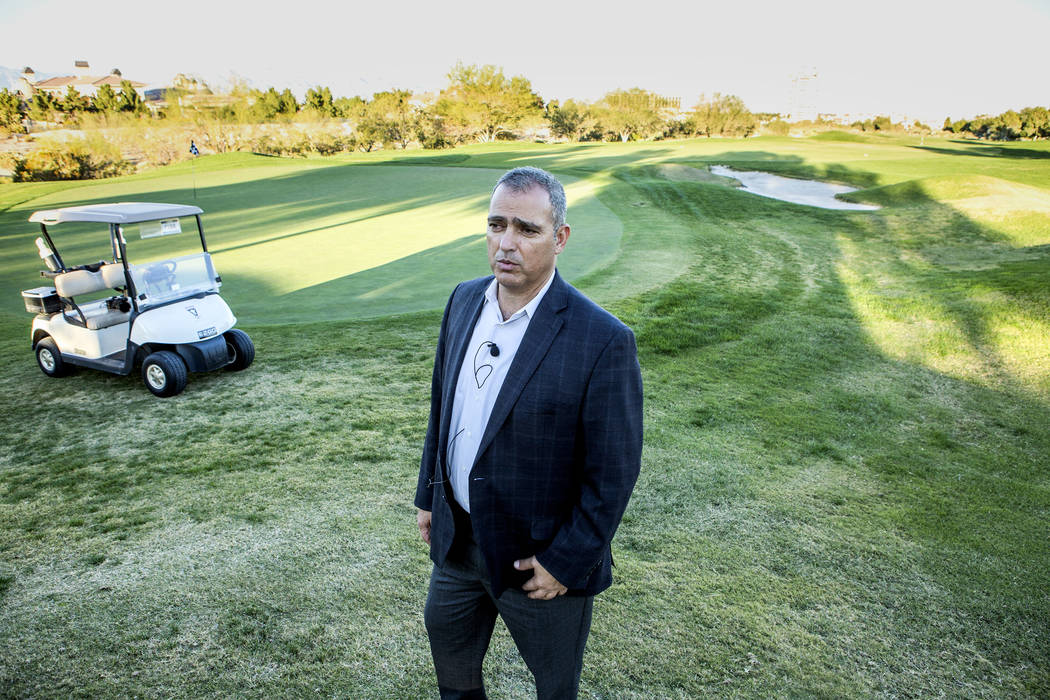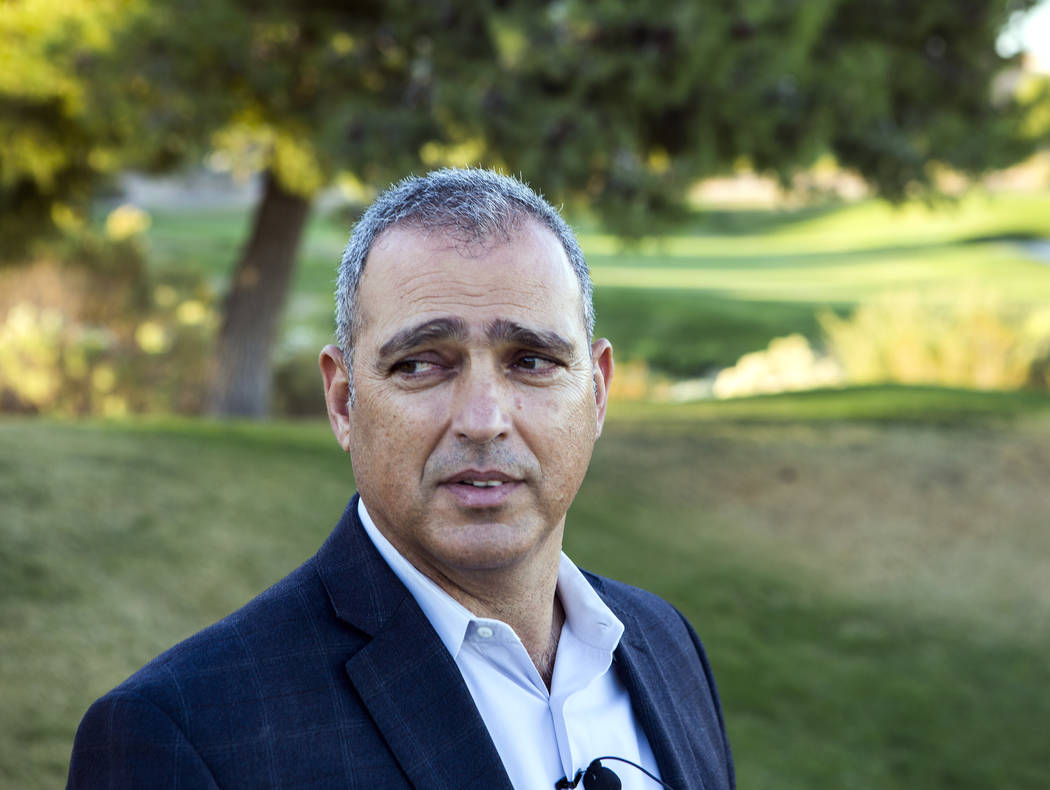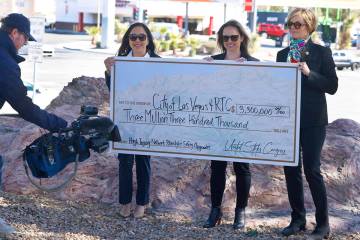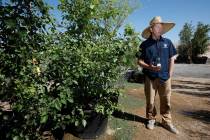Las Vegas developer looks to federal suit after Supreme Court ruling
After a recent U.S. Supreme Court decision, a housing developer accusing Las Vegas officials of taking 250 acres of his property on a defunct golf course may test his claim in federal court.
In a statement this past week, EHB Cos. CEO Yohan Lowie drew a parallel between his case and the matter at the forefront of the high court’s June 21 decision: A Pennsylvania farm owner tried to contest her town’s cemetery ordinance in federal court but was denied because she was required to first litigate through state channels.
The Supreme Court ruled 5-4 that developers and landowners may sue immediately in federal court to argue that a state or local government has trampled on their property rights.
“We have been forced to go through a long proceeding before the state court would even consider the city’s illegal actions against us,” Lowie said. “We are now able to proceed in federal court.”
The city declined to comment on the ruling and how it might affect litigation.
Lowie has proposed constructing homes on the Badlands golf course weaving through the affluent Queensridge community near Summerlin. He has filed several lawsuits against the city after the council knocked down his redevelopment plan in June 2017.
For years, the proposal has stirred contentious debate invoking property rights and opposition to high-density development.
An inverse condemnation lawsuit filed in state court nearly a year ago alleges the council’s refusal to allow the project is tantamount to taking Lowie’s property without just compensation.
Before the Supreme Court decision, people seeking federal court intervention would have had to first seek a remedy through state court. If they lost, their claim would be barred in federal court. That led Chief Justice John Roberts, who wrote the conservative majority opinion, to note how it presented a “Catch-22” for plaintiffs.
In Knick vs. Township of Scott, Pennsylvania, farm owner Rose Mary Knick had protested an ordinance that required people whose land included a cemetery to open the property to the public during the day.
Knick, who denied her land maintained a cemetery, argued the town rule meant the government was taking her property without paying for it.
NOTE: An earlier version of this story incorrectly reported the number of acres at issue.
Contact Shea Johnson at sjohnson@reviewjournal.com or 702-383-0272. Follow @Shea_LVRJ on Twitter.
Inverse Condemnation by Las Vegas Review-Journal on Scribd
Knick v. Township of Scott by Las Vegas Review-Journal on Scribd






























